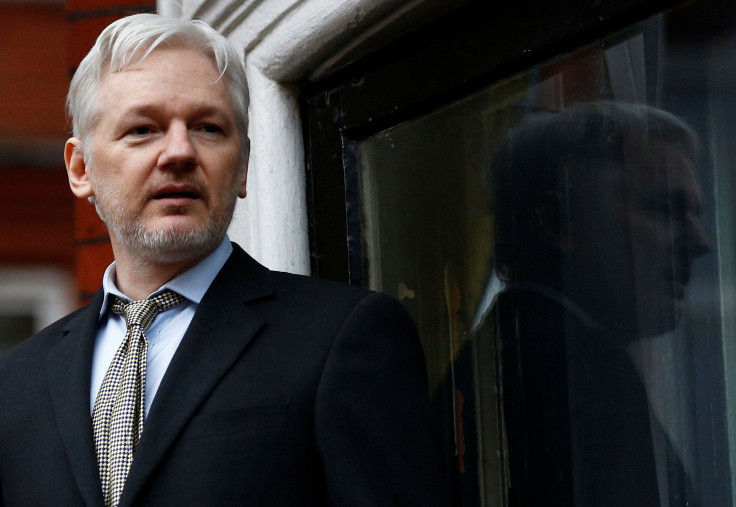Julian Assange’s Internet Cut Off Over WikiLeaks’ US Election Interference, Ecuador Says

The Ecuadorean government confirmed WikiLeaks’ claim that it severed Julian Assange’s internet connection Tuesday. The organization had claimed Monday that a ‘state party’ had severed Assange’s internet link, later accusing Ecuador of doing so.
While WikiLeaks tweeted Monday that the connection was severed due to the Hillary Clinton-Goldman Sachs email dump release, the Ecuadorean government cited a more general reason for the development — what it called WikiLeaks’ interference in the U.S. presidential election.
“The Government of Ecuador respects the principle of non-intervention in the affairs of other countries, it does not interfere in electoral processes in progress or support a candidate in particular.
"In that sense, Ecuador, in exercise of its sovereign right, has temporarily restricted access to part of its communications system in its embassy in the U.K.," the Ecuadorean ministry of foreign affairs and human mobility stated in its official statement on the case of Assange.
It further mentioned that the “temporary restriction” does not prevent WikiLeaks from carrying on its journalistic activities and reaffirmed Assange’s asylum in Ecuador’s London embassy, where he has sought refuge since June 2012, when molestations accusations against him emerged in Sweden.
WikiLeaks had tweeted that it had “activated appropriate contingency plans” and released another batch of Clinton’s communications with campaign chairman John Podesta.
The John Kerry private meeting with Ecuador was made on the sidelines of the negotiations which took place pricipally on Sep 26 in Colombia.
— WikiLeaks (@wikileaks) October 18, 2016
It also claimed in a tweet Tuesday that U.S. Secretary of State John Kerry had asked Ecuador to stop Assange from publishing the Clinton documents during a private meeting on the sidelines of FARC negotiations on Sept. 26 in Colombia.
U.S. State Department spokesman John Kirby has denied the meeting ever happened in an email to the Associated Press.
© Copyright IBTimes 2024. All rights reserved.











